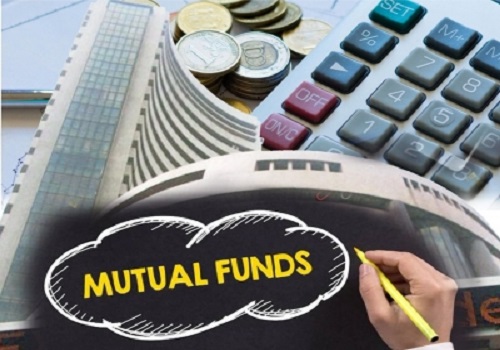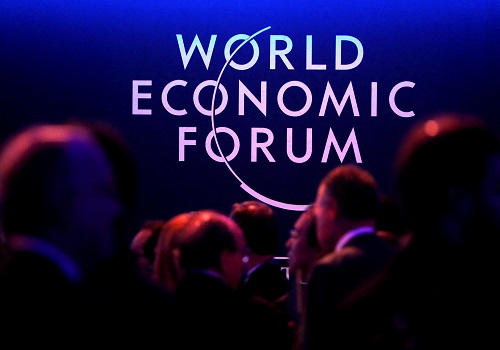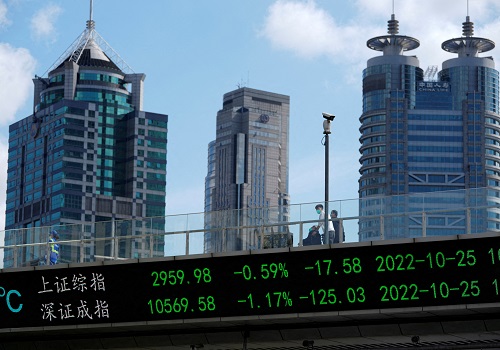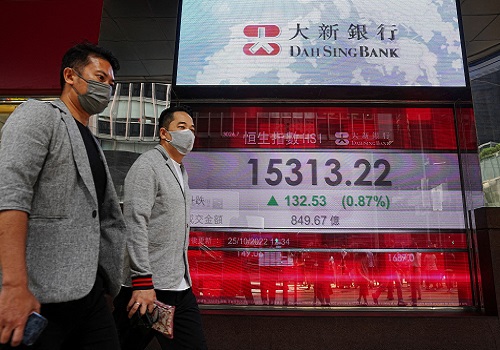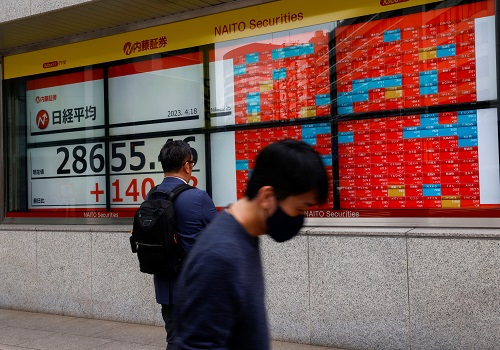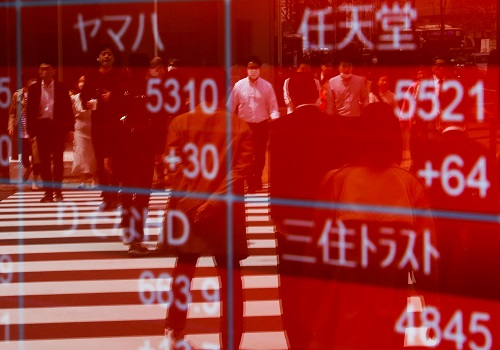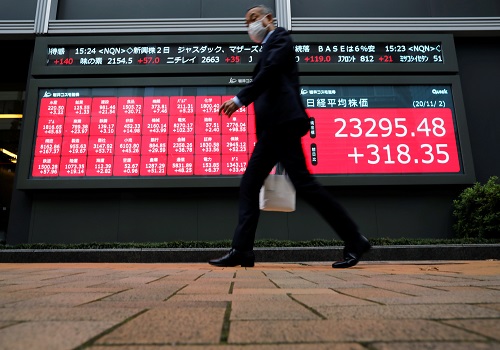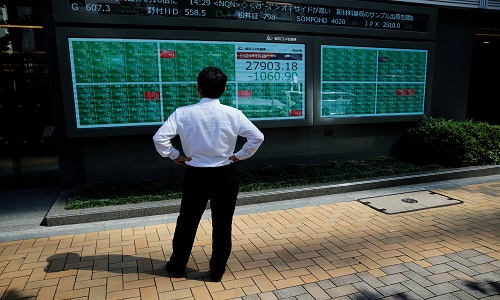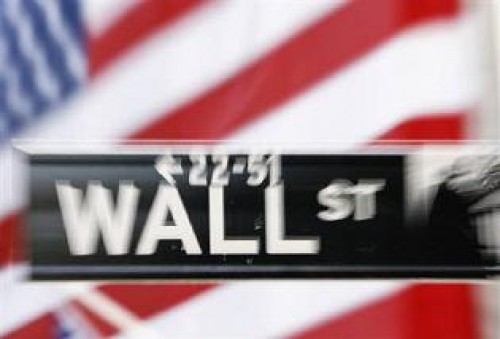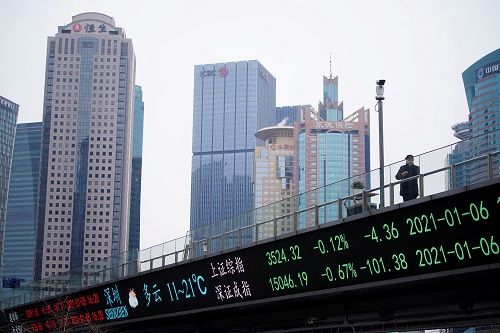Asian stocks slump amid risks from U.S. CPI, China COVID struggle
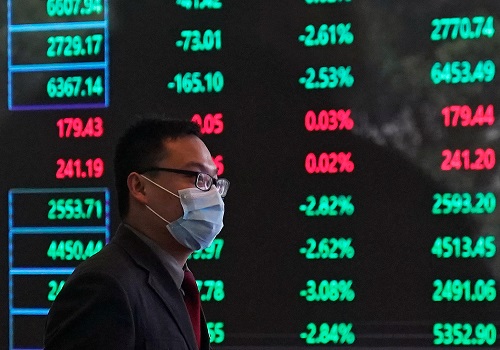
Follow us Now on Telegram ! Get daily 10 - 12 important updates on Business, Finance and Investment. Join our Telegram Channel
TOKYO - Asian stocks sank on Monday and bond yields ticked higher, as red-hot U.S. inflation reignited worries about even more aggressive Federal Reserve policy tightening, and a COVID-19 warning from Beijing added to concerns about global growth.
Chinese blue chips dropped 0.84%, and Hong Kong's Hang Seng suffered a 2.9% slide.
Japan's Nikkei slumped 2.78%, and South Korea's Kospi declined 2.78%.
New Zealand's stock benchmark was off 2.1%. Australian markets were closed for a holiday.
U.S. stock futures pointed to further losses at the reopen, with the S&P 500 indicating 1.54% lower, after Friday's 2.91% retreat.
The dollar hit 135 yen for the first time in two decades, buoyed by a rise in Treasury yields that continued into Tokyo trading, with the 10-year reaching a more than one-month peak of 3.201%, putting it just two-tenths of a basis point from the highest since November 2018.
Beijing's most populous district of Chaoyang announced on Sunday three rounds of mass testing to quell a "ferocious" COVID-19 outbreak that emerged at a bar in a nightlife and shopping area last week, spurring concern of more growth-strangling lockdowns only a short time after the city relaxed curbs to quell an outbreak from April.
Meanwhile, the U.S. consumer price index increased a bigger-than-expected 8.6% last month, the largest year-on-year increase since December 1981, Labor Department figures showed Friday.
That dashed hopes that inflation had peaked, and instead put markets on alert that the Fed may tighten policy for too long and cause a sharp economic slowdown. The next policy decision comes on Wednesday.
"The inflation data are game changers that force the Fed to switch to a higher gear, front-loading policy tightening," Jefferies strategist Aneta Markowska wrote in a research note, lifting a call for this week's decision to a 75 basis point hike.
"Inflation isn't peaking, it isn't even plateauing. It is still accelerating, and it will likely do so in June" as well, the note said.
Markets currently price 80% odds of a half point increase, and 20% odds for 75 basis points.
Two-year Treasury yields, which are very sensitive to policy expectations, leapt as high as 3.159% in Tokyo on Monday, a first since December 2007.
The U.S. dollar index, which measures the currency against six major peers including the yen, ticked as high as 104.55 for the first time in almost a month.
The euro slid as low as $1.0479 for the first time since May 19.
Leading cryptocurrency bitcoin slumped to a one-month low of $25,975.
Meanwhile, crude oil dropped more than $2 on worries about global growth. Brent crude futures fell $2.06, or 1.7%, to $119.95 a barrel, while U.S. West Texas Intermediate crude was at $118.54 a barrel, down $2.13, or 1.8%. [O/R]




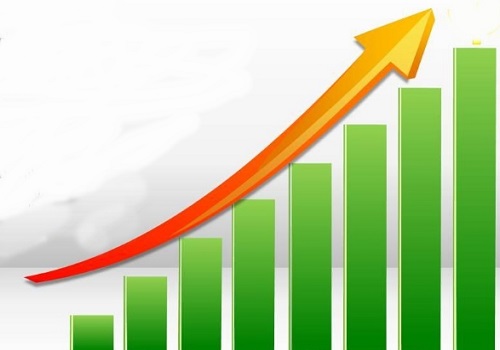
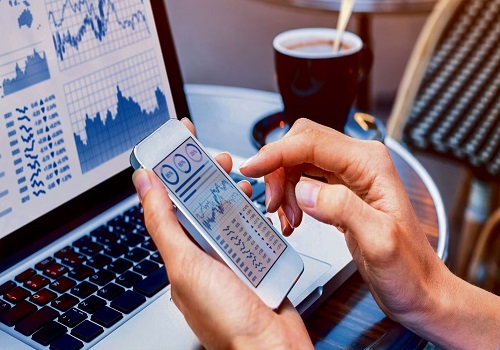






 320-x-100_uti_gold.jpg" alt="Advertisement">
320-x-100_uti_gold.jpg" alt="Advertisement">



